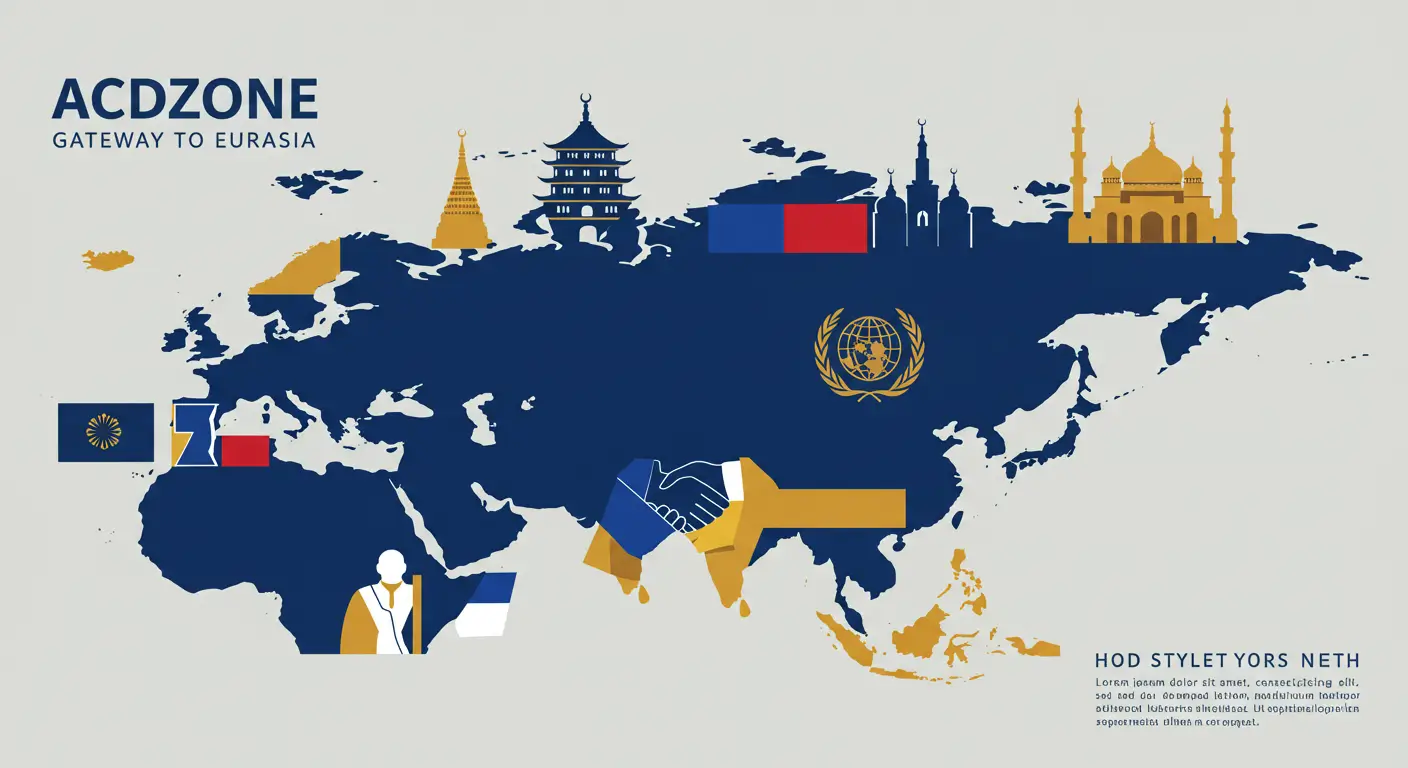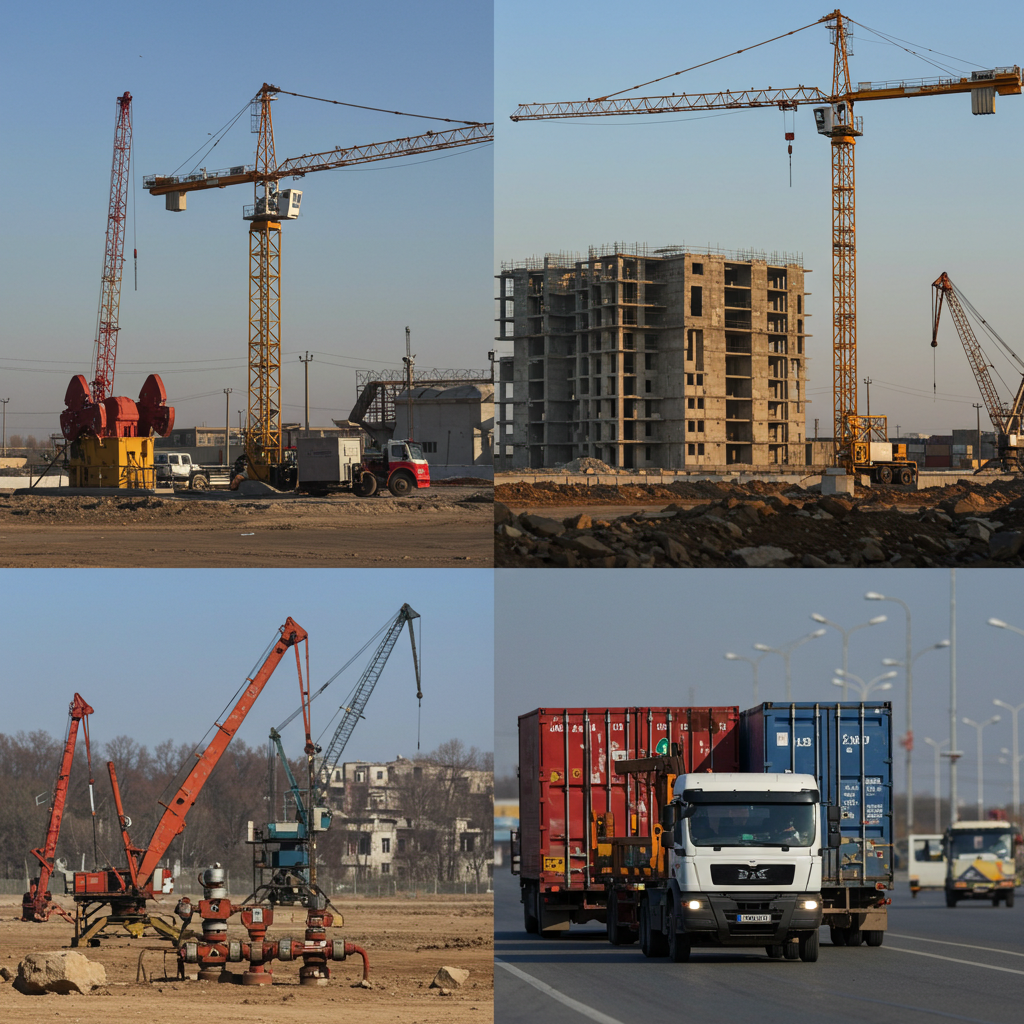Iraq’s Economy: Between Oil, Reconstruction, and Regional Trade
Introduction
Iraq’s economy has long been anchored in its vast natural resources, particularly oil and gas. However, in recent years, economic diversification and infrastructure revitalization have emerged as strategic priorities. With a young population and abundant resources, Iraq stands on the cusp of structural transformation.
Energy Sector
Oil is the backbone of Iraq’s economy, accounting for over 90% of government revenue. The country produces more than 4 million barrels of oil per day and is a key member of OPEC.
In addition to oil, Iraq has initiated projects to develop its gas fields and export electricity to neighboring countries. Partnerships with Chinese, Russian, and American firms have expanded production capacity in recent years.
Infrastructure and Reconstruction
Decades of war and sanctions have severely damaged Iraq’s infrastructure. Reconstruction projects—especially in cities liberated from ISIS such as Mosul and Ramadi—have been pivotal in job creation and urban revitalization.
Institutions like the World Bank, European Union, and several Arab countries have contributed financially to these efforts.
Regional and International Trade
Iraq’s strategic location connects the Persian Gulf to Turkey, Iran, and Syria, giving it significant logistical potential. In recent years, non-oil exports—particularly dates, agricultural products, cement, and metals—have grown.
Iraq is a participant in several regional trade agreements and seeks to enhance its role in the Middle Eastern supply chain by boosting commerce with Jordan, Saudi Arabia, Iran, and Turkey.
Agriculture and Domestic Resources
Over 20% of Iraq’s workforce is employed in agriculture. Despite challenges such as soil degradation and water scarcity, provinces like Wasit and Dhi Qar remain vital producers of wheat, dates, and rice.
Programs to revive ancient irrigation systems and combat desertification are underway to sustain agricultural output.
Private Sector and Entrepreneurship
While Iraq’s economy remains state-dominated, a new generation of entrepreneurs—particularly in Baghdad and Erbil—is launching startups and small businesses. Sectors like technology, financial services, education, and healthcare are showing promising growth.
The government has initiated reforms to improve the business climate, simplify licensing procedures, and attract private investment.
Key Challenges
Iraq’s economy continues to grapple with structural corruption, overreliance on oil, a weak banking system, youth unemployment, and exposure to global oil price volatility. Nevertheless, its untapped potential across multiple sectors provides a solid foundation for building a diversified and resilient economy.
Conclusion
The future of Iraq’s economy lies in striking a balance between intelligent resource management, attracting investment, fostering regional trade, and developing human capital. While the path ahead is complex, Iraq’s economic reconstruction is underway—and the outlook is brighter than in previous decades.





No comment